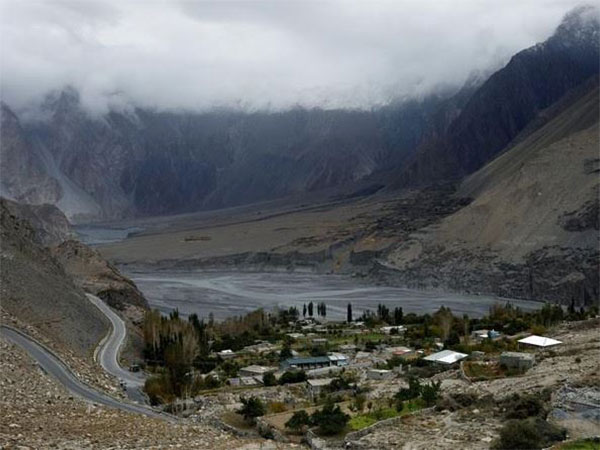Gilgit [PoGB], October 13, (ANI): Amid deteriorating medical infrastructure, poor sanitation and inadequate waste management in Pakistan-occupied Gilgit-Baltistan (PoGB), local health officials have reported at least 100 new dengue cases in Diamer district over the past three weeks.
An official at Regional Headquarters Hospital said that “the outpatient department is recording 4 to 5 dengue cases each day. Although most patients exhibit mild symptoms and are discharged after initial assessments, six individuals have required hospitalisation.”
The official also noted that the actual number of dengue cases may be higher, as many people with mild symptoms choose to treat themselves at home rather than seek formal medical care, a local media outlet, Hum English, reported.
According to the report, during a meeting at the Regional Headquarters Hospital, medical specialist, Dr Tanveer Ullah Shumali said, “Currently, there are six dengue patients hospitalised at Chilas Hospital, comprising four males and two females.” PoGB faces challenges such as limited healthcare facilities, especially in remote areas. Many communities rely on basic health units, and specialized care often requires travel to larger cities. The region also grapples with challenges related to mental health awareness and services.
Previously, residents of Raminji village in the Gojal Valley of PoGB held a protest to express their concerns about inadequate health facilities in the region. The region’s deficient sanitation infrastructure exacerbates these issues, underscoring the urgent need for improved water management and infrastructure.
In 1949, the Pakistani government incorporated Gilgit-Baltistan into the Kashmir issue without the consent of the local population.
From the beginning, residents were deemed incapable of self-governance and were subjected to the Frontier Crimes Regulation (FCR).
It was only during Zulfiqar Bhutto’s rule in the early 1970s that the FCR was abolished in Gilgit-Baltistan, as reported by Pak Military Monitor.
Despite these changes, the region continues to suffer from neglect and underdevelopment, leaving its residents grappling with limited economic opportunities and ongoing socio-economic challenges. (ANI)
Disclaimer: This story is auto-generated from a syndicated feed of ANI; only the image & headline may have been reworked by News Services Division of World News Network Inc Ltd and Palghar News and Pune News and World News
HINDI, MARATHI, GUJARATI, TAMIL, TELUGU, BENGALI, KANNADA, ORIYA, PUNJABI, URDU, MALAYALAM
For more details and packages

















